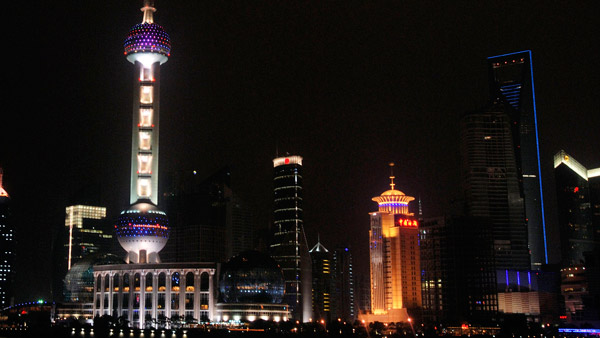
 Where Genworth might fit in Zhiqiang Lu's corporate family. (Image: Delaware Department of Insurance)
Where Genworth might fit in Zhiqiang Lu's corporate family. (Image: Delaware Department of Insurance)
Stock market investors seemed to be more optimistic today about efforts by China Oceanwide Holdings Group Co. Ltd. to acquire Genworth Financial Inc.
Delaware insurance regulators held a hearing on the proposed $2.7 billion acquisition this morning.
Investors responded by pushing the price of shares of Genworth common stock to $4.93 each around noon Eastern time, when the hearing ended, up from $4.51 per share at the close of trading on Tuesday.
The History
Genworth is a major player in the U.S., Canadian and Australian mortgage insurance markets. The Richmond, Virginia-based company helped create the modern long-term care insurance (LTCI) market, and it has also been a major issuer of life insurance and annuities.
China Oceanwide — a Beijing-based real estate developer and financial services firm — has been trying to acquire Genworth for about two years.
The companies cleared a major regulatory hurdle this past summer, when Committee on Foreign Investment in the United States (CFIUS), a secretive U.S. national security agency, approved the deal.
But Genworth executives noted in October, during a conference call with securities analysts, the companies still had to get additional approvals from many other agencies in the United States and overseas, including insurance regulators in Delaware, New York state and China, and from the U.S. federal mortgage insurance agencies.
Trinidad Navarro, Delaware's insurance commissioner, and Tanisha Merced, Delaware's deputy insurance commissioner, announced today's hearing Nov. 8.
In the hearing notice, Delaware officials said their review after the hearing could take about 30 days.
Merced said, in a statement included in the hearing notice, that regulators will consider the financial condition and fitness of the acquiring parties, policyholder protection and fairness when reviewing the China Oceanwide application.
"Every regulator in the country is focused on the troubled history and uncertain future of long-term care insurance," Merced said in the statement. "As the lead regulatory in determining how this transaction impacts long-term care policyholders, Delaware will continue to scrutinize this carefully to assure that those policyholders are best protected."
Reactions
Insurance agents who have sold LTCI products and other products from Genworth have been following news of the proposed transaction the way they would follow news of a close relative undergoing open heart surgery.
They see the Genworth's recovery as important to the fate of the U.S. market for stand-alone LTCI coverage. Many longtime LTCI agents see stand-alone LTCI as the most efficient way to protect individuals and their families against the risk that people will need many years of long-term care services.
State insurance regulators and rating agencies have viewed Genworth's efforts to stabilize its operations with skepticism. In November, for example, Fitch Ratings downgraded its insurer financial strength rating on two key Genworth operating units, Genworth Life Insurance Company (GLIC) and Genworth Life Insurance Company of New York (GLICNY), to B-, from a B+.
Fitch noted that Genworth executives are now emphasizing that GLIC and GLICNY will have to pay its own way going forward, with a $175 million cash injection but no other capital contributions from Genworth or China Oceanwide.
Fitch said it cut the ratings of GLIC and GLICNY because of the insurers' weak business profile.
"Genworth no longer writes new life and annuity business," Fitch said. "GLIC and GLICNY continue to write LTC in most states. However, the volume of new business written has declined steeply."



